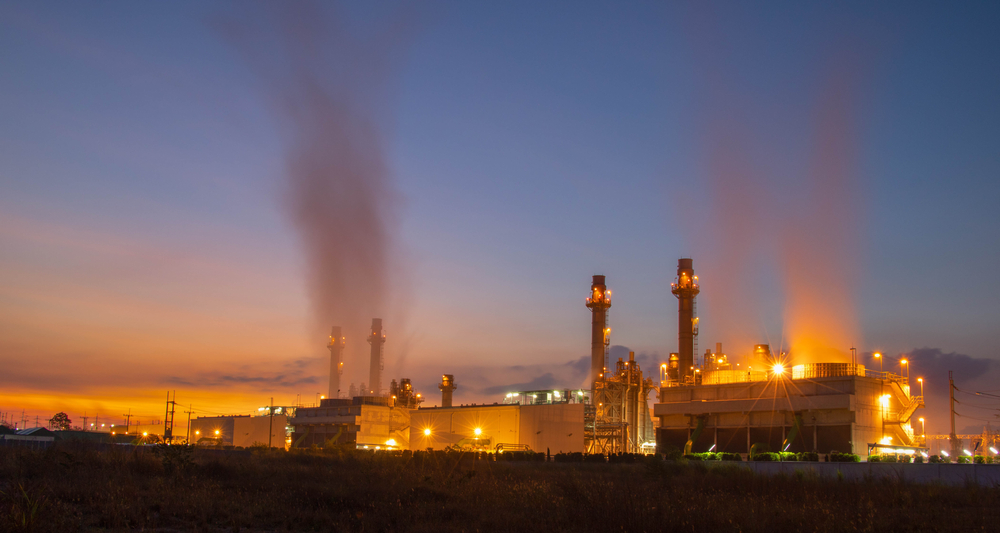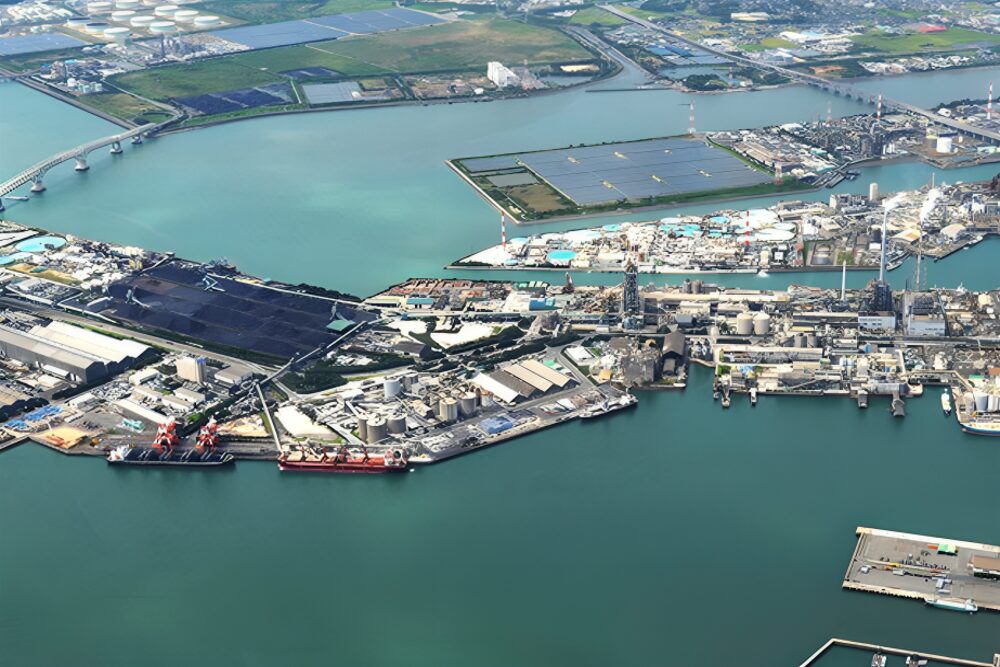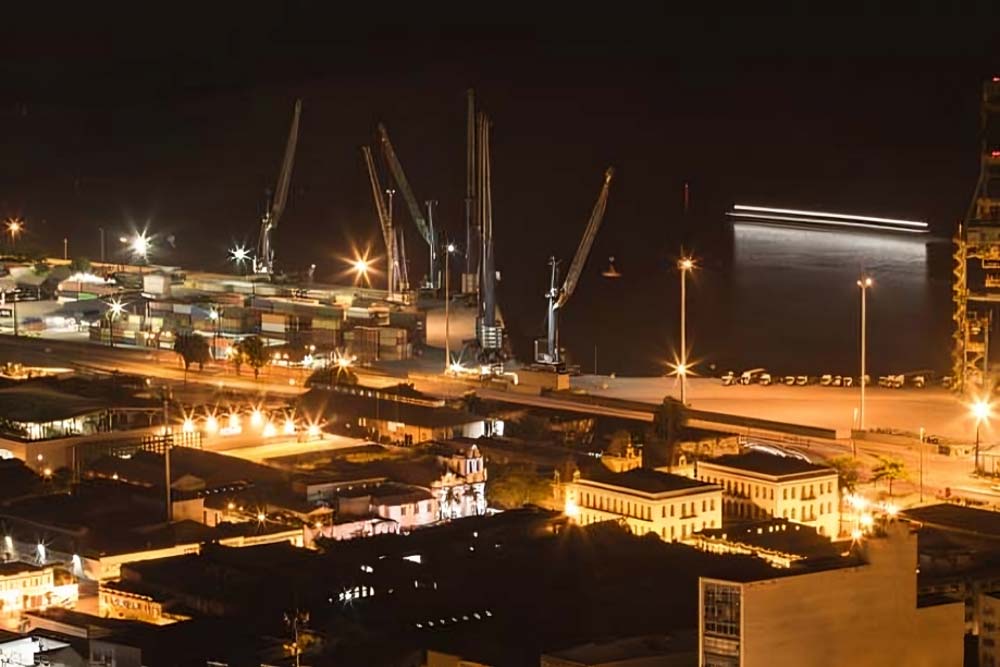
The Australian Government has expanded the functions of the Australian Renewable Energy Agency (ARENA) to support the next generation of low emissions technologies that will reduce emissions and create new economic opportunities and jobs.
From today, new regulations take effect that broaden ARENA’s mandate to enable the agency to stimulate investment that will help achieve the Technology Investment Roadmap stretch goals as well as energy efficiency measures. Published in September 2020, the Roadmap identified five priority new and emerging technologies for Government investment:
- Clean hydrogen;
- Long duration energy storage;
- Low carbon materials, including aluminium and steel;
- Carbon capture and storage (CCS); and
- New measurement technologies for healthier soils.
The Government previously provided ARENA with $1.4 billion of new, guaranteed baseline funding to support these new and emerging technologies, and an additional $192.5 million to deliver a series of targeted programs:
- $71.9 million to support new electric vehicle charging and hydrogen-refuelling infrastructure;
- $24.5 million to support higher productivity and lower emissions in Australia’s heavy vehicle fleets;
- $47 million to support large energy-using businesses to identify opportunities to adopt new technologies and increase productivity; and
- $52.6 million for microgrids in regional Australia.
These programs are expected to create at least 1,400 jobs and deliver 16.5 million tonnes of emissions reductions.
Expanding ARENA’s remit to unlock the transformative low emissions technologies that businesses need was a recommendation of the King Review. Furthermore, the International Energy Agency recently found that more than half of the emissions reductions required to achieve global net-zero will come from technologies that are not yet commercial.
Minister for Energy and Emissions Reduction, the Hon. Angus Taylor MP, said investing in technology research and development is central to the Government’s technology not taxes emissions reduction agenda.
“Getting new, low emissions technologies to economic parity as soon as possible is the only way to reduce emissions without imposing new costs on households, businesses or the economy,” Minister Taylor said.
“This change allows ARENA to support technologies that can reduce emissions across all sectors of the economy.”
“These changes have received wide industry support from over 28 businesses, peak bodies, and climate change groups including the Business Council of Australia, the AiGroup, the National Farmers Federation, ClimateWorks Australia and the Investor Group for Climate Change – and ARENA,” he said.
APPEA Chief Executive Andrew McConville said all technology, including hydrogen and CCS should be on the table to help reduce emissions.
“Just as government investment in renewables has fast tracked projects, this will do the same and create thousands of jobs in the process.”
“The global oil and gas industry is leading the world in the practical deployment of CCS and hydrogen. In Australia, the oil and gas industry has been at the leading edge of researching and deploying CCS and greenhouse gas storage technologies.
Mr McConville said natural gas with CCS is a pathway to a large-scale clean hydrogen industry, with the Australian upstream oil and gas industry having the technology, expertise, commercial and trade relationships to make, in particular, hydrogen exports a reality.
“Developing a local hydrogen industry could enable lower emissions both in Australia and internationally, reduce energy costs, deliver energy security, together with delivering new employment and manufacturing opportunities, he said.
However, Greg Bourne, Climate Councillor, former ARENA chair and former President, BP Australasia said changing ARENA’s remit has damaged its integrity as it will be able to prop up fossil fuels using taxpayer money.
“The nation’s renewable energy agency should not be spending money earmarked for renewables on CCS technology. If any investment is made, it should be paid for by the fossil fuel industry. CCS is expensive, unlikely to be effective, and the industry has always over-promised and under-delivered,” he said.
“Gas is also a fossil fuel that powerfully drives climate change, and hydrogen from gas has no place in Australia’s zero emissions energy future. Only hydrogen made with renewable energy is worth investing in, as customers demand ‘green hydrogen’ in a decarbonising global economy,” said Mr Bourne.
“From renewables to battery storage to energy efficiency, we already have the technological solutions to reduce emissions. The government should be accelerating efforts to scale up and improve these climate solutions, creating jobs and economic opportunities in the process,” he added.
This is not the Federal Government’s first attempt to make changes to ARENA. In 2014, it almost scrapped the agency. In 2016, it cut half a billion dollars from ARENA’s budget.
“Credible action on climate change means no new fossil fuel projects, a rapid push towards 100 p renewable energy, and achieving net zero emissions by 2035,” said Mr Bourne.
The Government’s proposal to let ARENA invest in CCS as well as hydrogen produced from gas was voted down in the Senate by Labor, the Greens and crossbench senators on 22 June with one vote majority.
The motion was voted on again on 4 August, the same day the Federal Government made the announcement of ARENA’s expanded role.







